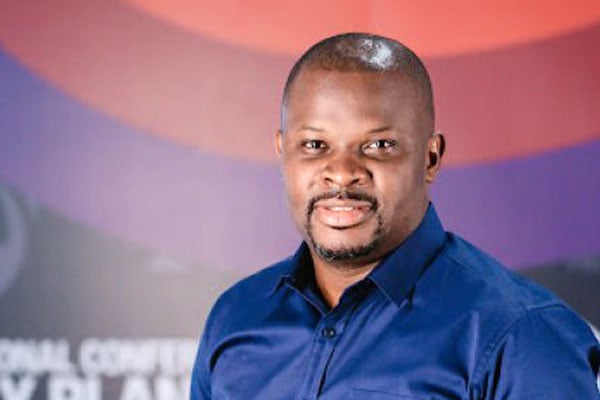Unintended results: Men and contraceptives

Author: Andrew Kyamagero. PHOTO/COURTESY
What you need to know:
- Together, we can break down the biases and shape a more equitable future for all.
As men, we often bask in the knowledge of our unique power to hold and release the seeds of life.
However, it is high time we shed light on an unsettling truth: the biases against men in the world of contraception science and innovations. These biases have led to unintended pregnancies, with the men involved often under the assumption that they were engaging in a moment of pleasure, not baby-making.
Once upon a time in a quiet suburban neighbourhood, there lived a child. Let us call him Alex. His father never intended to have him. David, Alex’s father had always been clear about his intentions regarding parenthood. For him and his partner Sarah, parenthood was not part of their immediate plans. David believed contraception would offer him the ability to decide when and if he wanted to become a father.
However, David soon navigated the challenging landscape of contraceptive limitations. While Sarah had access to a range of contraceptive options including hormonal methods and intrauterine devices, David’s were limited primarily to condoms or vasectomy.
Despite their careful planning, Sarah fell pregnant and David’s world went upside down. He felt powerless, frustrated and overwhelmed. He resented the fact that he had no say in this life-changing decision. Alex’s arrival was a stark reminder of the biases in contraceptive science and consequences that could befall men who have limited control over reproductive choices.
As Alex grew older, he sensed tension in his family. He felt the weight of his father’s resentment and frustration, even though it was never openly expressed. Alex carried the burden of being an unintended child. It left him questioning his worth and place within his family.
Alex’s story underscores the fact that it is essential to recognise that family planning decisions should be shared responsibilities. Men ought to have a range of contraceptive options that allow them to actively participate in family planning discussions.
Men, ask yourselves: Were all the children you have intentionally planned for or are there unintended consequences of choices your partners made without your input? It’s time to challenge these biases, engage in open conversations about reproductive health, and support research into male contraceptives that offer more choices and fewer side effects.
Thus, biases against men in contraception science and innovations have far-reaching consequences, contributing to unintended pregnancies that affect us as men who later are dubbed irresponsible by society.
It is time to reclaim our role in reproductive health decisions. Together, we can break down the biases and shape a more equitable future for all.
The writer, Andrew Kyamagero, is a team lead Mancave UG.



